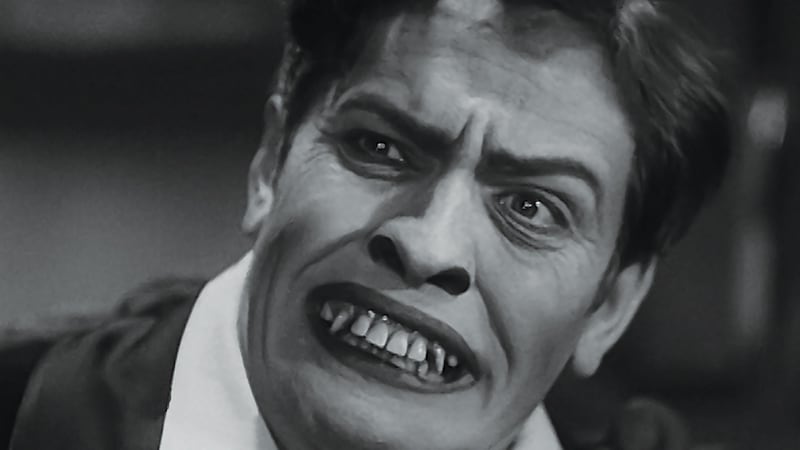Often overlooked by moviegoers, the late '20s and early '30s in Hollywood were a time of discovery and freewheeling artistic expression. Galvanized by the advent of sound in motion pictures, filmmakers began to tell more realistic stories with mature themes.
Between 1929 and 1934, when rigid enforcement of the Motion Picture Production Code began, movies explored meaty topics like political corruption, drug use and sex. Motion Picture Producers and Distributors of America president Will H. Hays became the arbiter of Hollywood morality, and the rules often referred to as the "Hays Code" would remain in place until 1968, when the Motion Picture Association of America film rating system was adopted.
Despite the fact that this bygone era was filled with classics like Baby Face, The Public Enemy and Scarface and launched the careers of icons like Clark Gable and Barbara Stanwyck, this rebellious and creatively fruitful period rarely receives the recognition it deserves. To combat that and celebrate these essential films, Portland's beloved Hollywood Theatre launched the Hollywood Babylon series, programmed by Chantell Halsted.
"These films actually have a lot in common with modern indies," Halsted says. "They depicted life with a grittiness that was uncommon for the era and show how people truly were, instead of the sanitized Hollywood version of life films usually shown after the code was implemented."
Speaking with Halsted is like taking a class in film history from the world's most enthusiastic professor, and she peppers her lectures not only with a beyond-encyclopedic knowledge of film history but also charming asides about her path to obsession with film. Chantell is married to Dan Halsted, the Hollywood's head programmer, and shares with him a love of cinema so pure and enthusiastic it's contagious.
"My dad always said TV was the best babysitter," Chantell Halsted says, laughing at the memory, "and right away I fell in love with these beautiful old films."
Halsted, who cites William A. Wellman, with his 22 films of the pre-code era, as her favorite director, wanted to shine a light on these pictures, and correctly figured the community would respond enthusiastically to the themes within them, like female autonomy. The movies contain scenes and plotlines that portray women being empowered, as seen in the series' first screening of Three on a Match, the Joan Blondell vehicle about a bored housewife who deserts her husband and takes up with a mobster.
Next up is Rouben Mamoulian's 1931 work Dr. Jekyll and Mr. Hyde, which garnered a Best Actor Oscar for Fredric March. The dark tale of a man's battles with his libidinous demons is exactly the kind of feature Halsted had in mind when she started the series, one that artfully presents timeless queries about lust and sex through a 1930s prism.
"It's a really interesting film because it not only shows how motion pictures evolved through things like makeup and special effects," Halsted says, "but it presents a nuanced portrayal of a deeply troubled man and his lover, the always wonderful Miriam Hopkins."
Much as her husband's unmatched love for kung fu films launched the highly successful Kung Fu Theater program, the Hollywood Babylon showings have been a smashing success, with attendees often dressing up in period clothing. Beyond being able to view these transformative classics on 35 mm, Halsted discusses the film with the audience and her expertise alone is worth the price of admission.
"Many of these themes wouldn't be realistically explored in Hollywood again until the golden age of the 1970s," says Halsted. "These films show how people truly were—the good and the bad—and are an important glimpse at not just film history, but the history of our country."
SEE IT: The next movie in the Hollywood Babylon series, Dr. Jekyll and Mr. Hyde (1931), screens at Hollywood Theatre, 4122 NE Sandy Blvd., hollywoodtheatre.org, on Thursday, Oct. 10. 7:30 pm. $7-$9.
